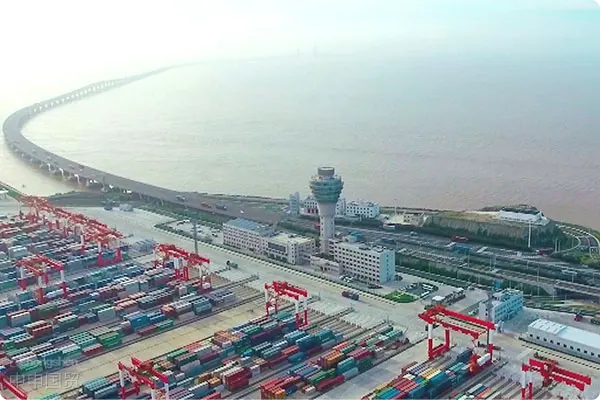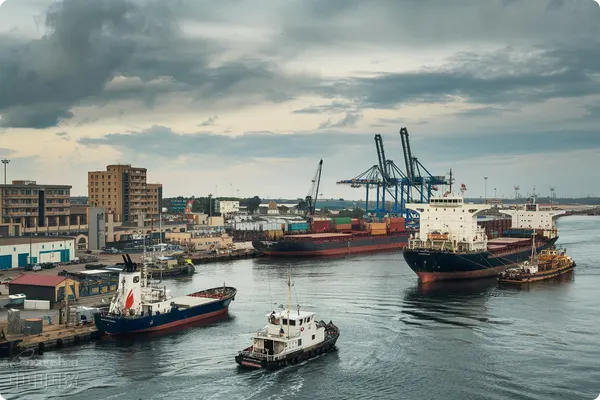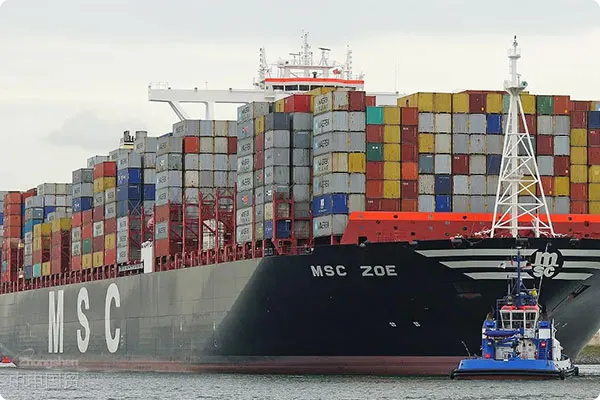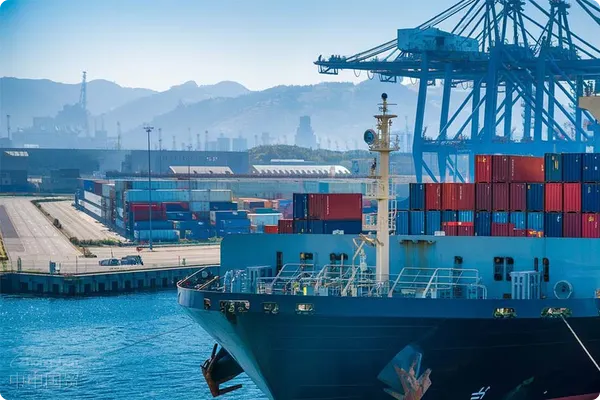- Shanghai Zhongshen International Trade Co., Ltd. - Two decades of trade agency expertise.
- Service Hotline: 139 1787 2118
In international trade, especially when dealing with sensitive products such as medical supplies and food, encountering inspections by importing countries is relatively common. Below, we will specifically discuss the reasons for FDA inspections in the US, response measures, and how to minimize the chances of being inspected.

Reasons for FDA inspection
Product compliance:FDA inspections are typically conducted to ensure imported products comply with US regulations and standards. Medical gloves, food,Cosmetics & Personal Careand other products must meet FDA registration and filing requirements. Product compliance, correct labeling, and accurate product descriptions are key focus areas during inspections.
Random sampling:FDA conducts random sampling of certain imported products to ensure goods in the market comply with regulations. This sampling has no fixed pattern and may target any imported goods.
Product High Risk:Certain products, due to their characteristics, may impact human health and safety and are therefore classified as high-risk products requiring stricter regulation. This is particularly true for products like medical gloves that come into direct contact with the human body.
Historical Record:If similar products or products from the same supplier have previously been found with issues, the probability of inspection for that suppliers goods will also increase.
Inconsistent Documentation and Data:If there are inconsistencies or suspicious elements in the submitted documents and declaration information, it may also draw FDA attention, leading to inspection.
How to respond to FDA inspections?
Ensure Product Compliance:Before exporting products, ensure all relevant documents and certifications are complete. For products like medical gloves that require FDA filing, FDA registration and filing must be completed in advance, and product labels must comply with U.S. regulatory requirements.
Prepare Comprehensive Documentation:This includes but is not limited to invoices, packing lists, production batch records, laboratory test reports, product manuals, etc. Ensure all information is accurate during customs declaration to avoid inspection due to inconsistencies.
Choose Reliable Freight Forwarders and Customs Brokers:Experienced freight forwarders and customs brokers can help prepare and review required documents and provide effective countermeasures in case of inspection.
Maintain Communication with Clients:In the event of an inspection, promptly communicate with clients to explain the situation and provide necessary support. Clients within the U.S. can communicate and coordinate with the FDA more directly and quickly.
Apply for Expedited Processing:If goods are inspected, provide detailed supporting documents and explanations as much as possible, and cooperate with the FDA inspection process. For urgently needed goods, expedited processing can be requested.
How to minimize FDA inspections?
Strictly Declare According to Regulations:Ensure all declaration information is accurate and avoid false or misreported information.
Prepare in Advance:For high-risk products, complete all compliance work in advance, including filing, testing, certification, etc., to ensure all documents are complete.Before the first export of a product, proactively contact the FDA to understand relevant regulations and requirements and prepare in advance.
Communication with FDAPay Attention to Product Packaging and Naming:
Product names and descriptions should be accurate and compliant, avoiding names that may cause misunderstandings. This is especially important for food and pharmaceutical products.Ensure Supply Chain Transparency and Traceability:
Ensure all stages of the product from production to transportation comply with relevant regulations and have complete traceability records.Experience Sharing
Certain special circumstances and details may trigger FDA inspections and issues. For example, a name like Marshmallow root powder may cause misunderstandings, so cultural and cognitive differences should be considered during product naming to avoid unnecessary trouble.
In summary, while FDA inspections cannot be completely avoided, risks can be significantly reduced through advance preparation, strict compliance, accurate declarations, and other measures. In case of an inspection, cooperate actively and promptly provide necessary documents and explanations to ensure smooth customs clearance.
How to Avoid and Handle FDA Inspections? Learn These Key Strategies!
Related Recommendations
? 2025. All Rights Reserved. Shanghai ICP No. 2023007705-2  PSB Record: Shanghai No.31011502009912
PSB Record: Shanghai No.31011502009912










